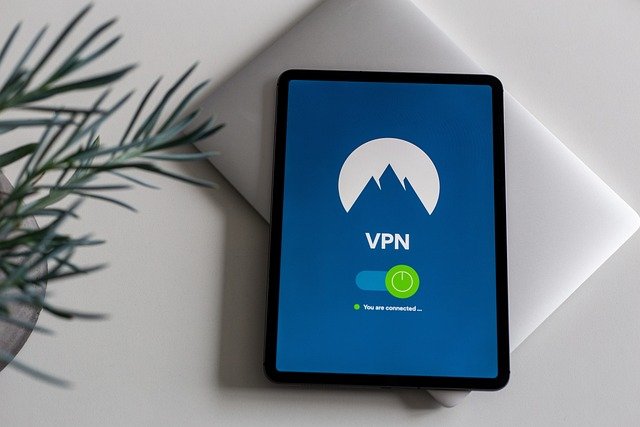Protecting personal information when connecting globally
Connecting with people across borders can be rewarding, but it also raises privacy challenges. This article outlines practical steps to protect personal information when engaging on international dating platforms, and highlights costs and services that can help manage risks.

Online connections across countries introduce privacy trade-offs that deserve careful attention. When using dating platforms to meet people globally, personal details you share — from profile photos to location hints and family background — can be collected, aggregated, and repurposed. Digital accessibility features, device mobility, and third-party services all influence exposure. Understanding which pieces of information are sensitive, how they travel between services, and what tools or paid protections exist will help you keep control of your identity and reduce the risk of fraud or unwanted contact.
How does digital accessibility affect privacy?
Many dating apps emphasize accessibility to broaden their user base, but permissions granted for accessibility features can expose extra data. Granting an app access to contacts, camera, or storage can reveal family photos, mobility patterns, or other goods stored on your device. Review app permission lists and prefer platforms that offer granular control. When a service requests access beyond core messaging or profile functions, question whether that access is necessary for matching, and disable permissions that could leak sensitive details about faith, family, or financial documents stored on your device.
What mobility and device risks should you consider?
Mobility features like live location, check-ins, or background images that show rental addresses increase risk. Public Wi‑Fi, device theft, or unpatched systems can allow attackers to intercept messages or access accounts. Use device-level protections such as strong passcodes, biometric locks, and automatic updates. Consider using a VPN on public networks and limit sharing of photos that reveal interior details of your home, mobility aids, or receipts for goods and services that could identify where you live or your insurance and rental status.
How do family, faith, and personal details influence exposure?
Details about family, faith, and daily routines often make profiles feel authentic, but they also increase identifiability. Mentioning children, baby skin care routines, or even changing diaper tips in public messages can inadvertently signal household composition or age ranges. Be cautious about posting photos of minors or sharing specifics about assisted living arrangements, independent living addresses, or specialized mobility equipment. These details can be used in social engineering or targeted scams, so limit audience visibility and prefer private conversations for sensitive topics.
How do rental, insurance, and living arrangements leak data?
Information tied to rental agreements, insurance policies, or assisted living facilities can be particularly sensitive. Photographs of insurance cards, mail, or branded documents can expose policy numbers or provider names. References to a rental property, rental services, or the value of goods can lead to profiling or identity theft. When verifying identity on a platform, use official verification channels that mask document details where possible and avoid sending full scans of personal documents within chats.
What costs are associated with protective services?
There are paid tools and services that help protect privacy and detect misuse: VPNs for encrypted connections, identity-monitoring services for data-breach alerts, and background-check protections for verifying matches. Costs vary by provider and plan; below is a brief comparison of representative products and estimated pricing to help you plan a budget for digital safety.
| Product/Service | Provider | Cost Estimation |
|---|---|---|
| VPN subscription | NordVPN | $3–$12 per month (plan-dependent) |
| VPN subscription | ProtonVPN | Free tier; $5–$10 per month for Plus plans |
| Identity monitoring | Norton LifeLock | $9–$30 per month depending on tier |
| Background check/verification | BeenVerified | Approximately $20–$40 per month (subscription) |
Prices, rates, or cost estimates mentioned in this article are based on the latest available information but may change over time. Independent research is advised before making financial decisions.
How to handle sensitive health or skin-related mentions?
Sharing health-related information such as skin conditions or baby skin care can be benign, but it may also be used to target or discriminate. Avoid posting identifiable medical documents or photos that show location cues. If discussing sensitive topics, do so in private messages after establishing trust, and consider using anonymized language rather than photos that might reveal environmental details. If health context is central to matching, consider consulting official resources or support services rather than relying solely on public profile disclosures.
Protecting your personal information when connecting globally requires a mix of cautious disclosure, technical hygiene, and informed investment in privacy services. Regularly audit app permissions, limit the sharing of identifying details about family or living arrangements, and weigh the cost of protective tools against the value of the information you want to safeguard. By combining careful behavior with appropriate services, you can maintain both safety and meaningful international connections.




